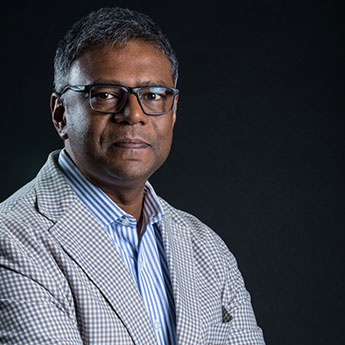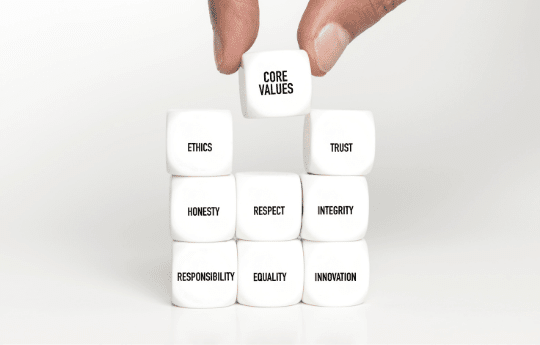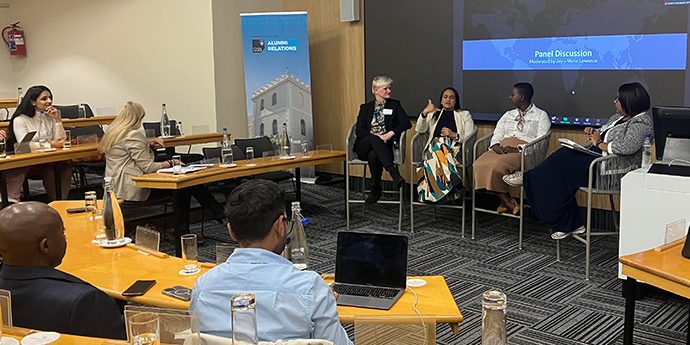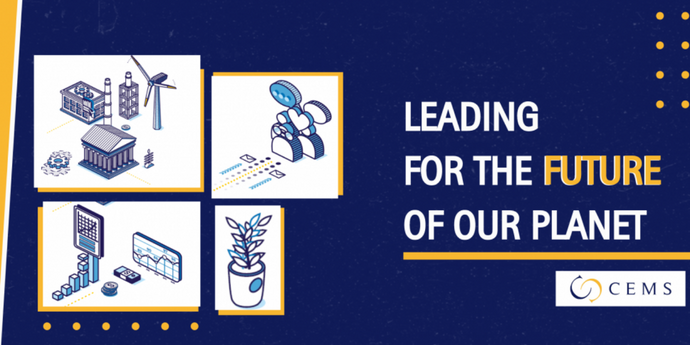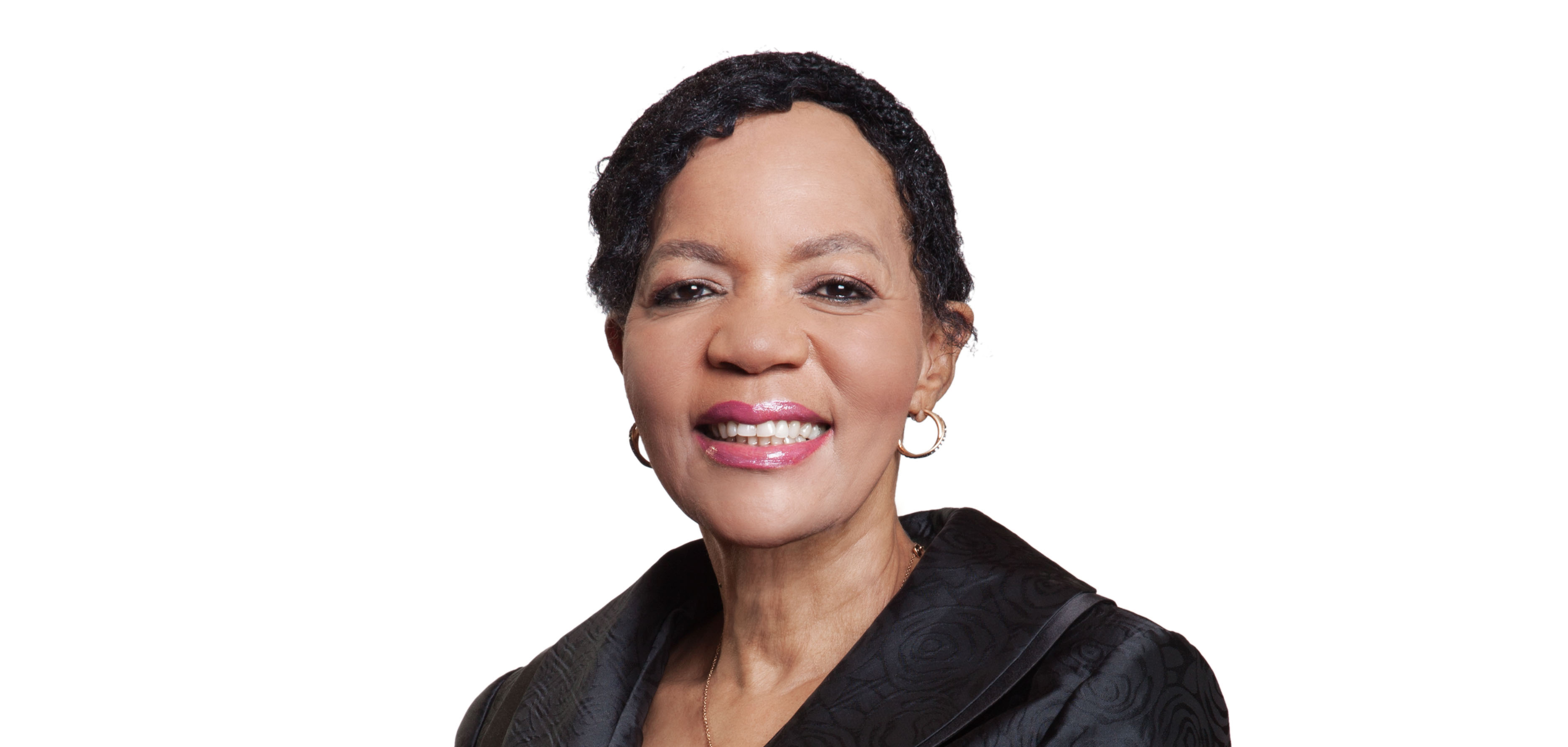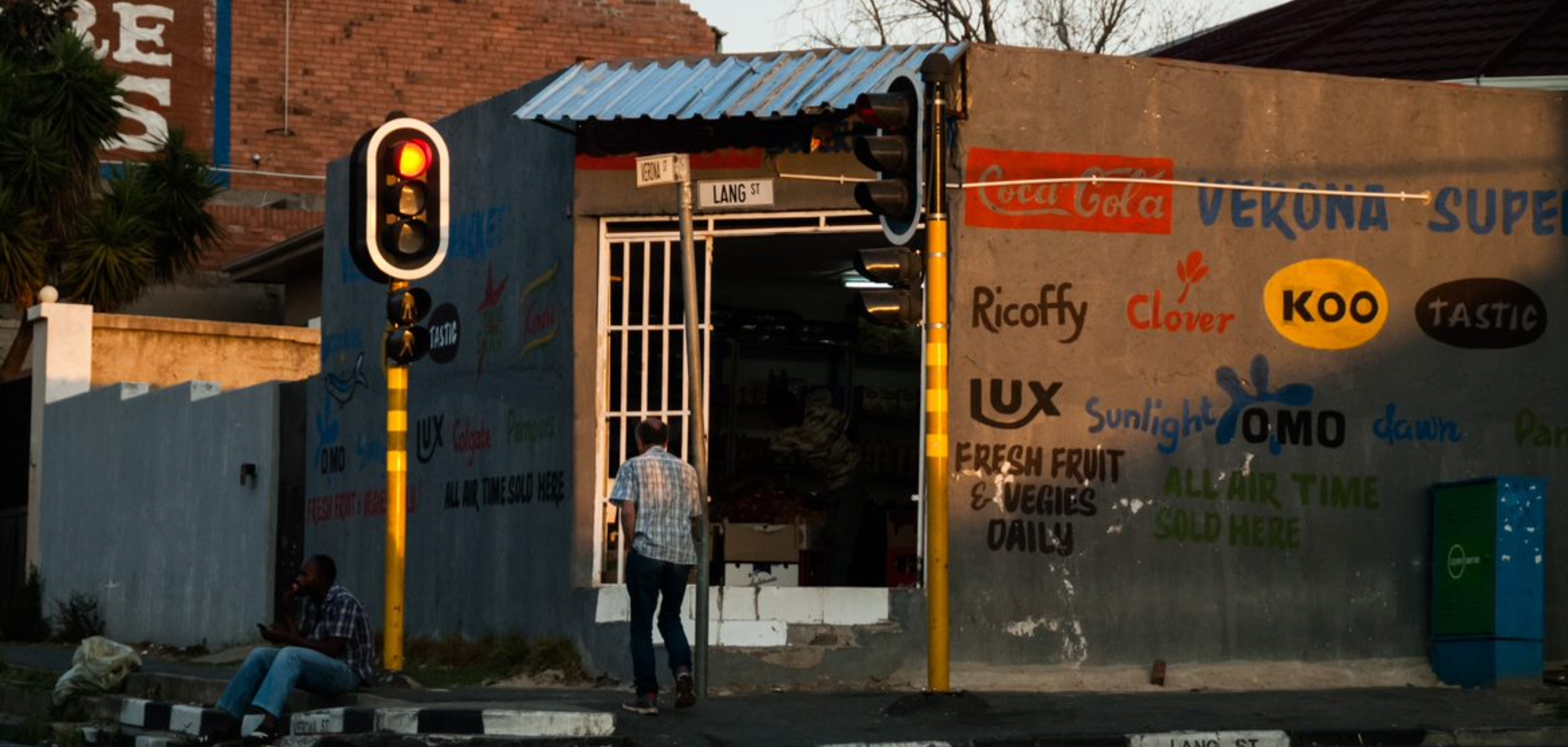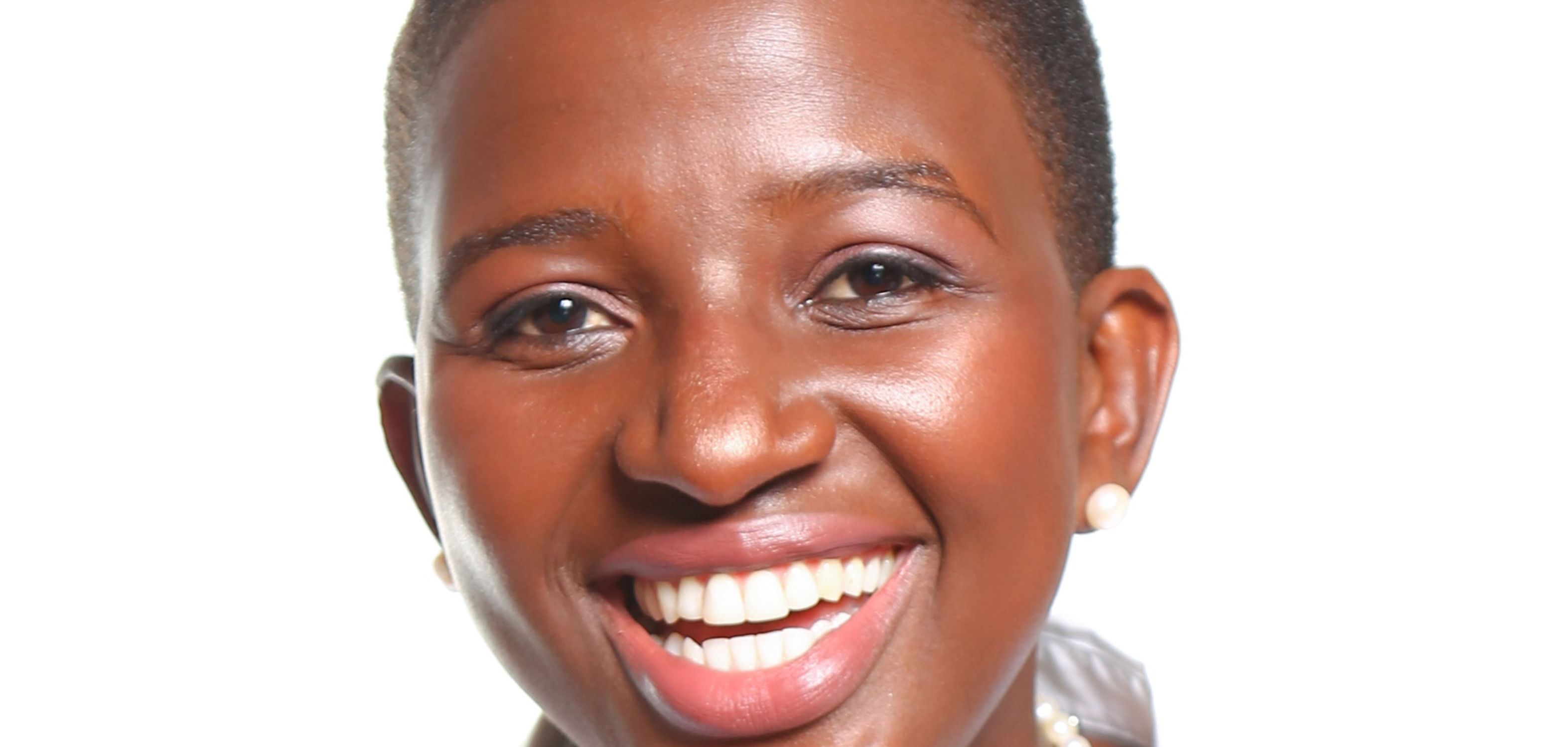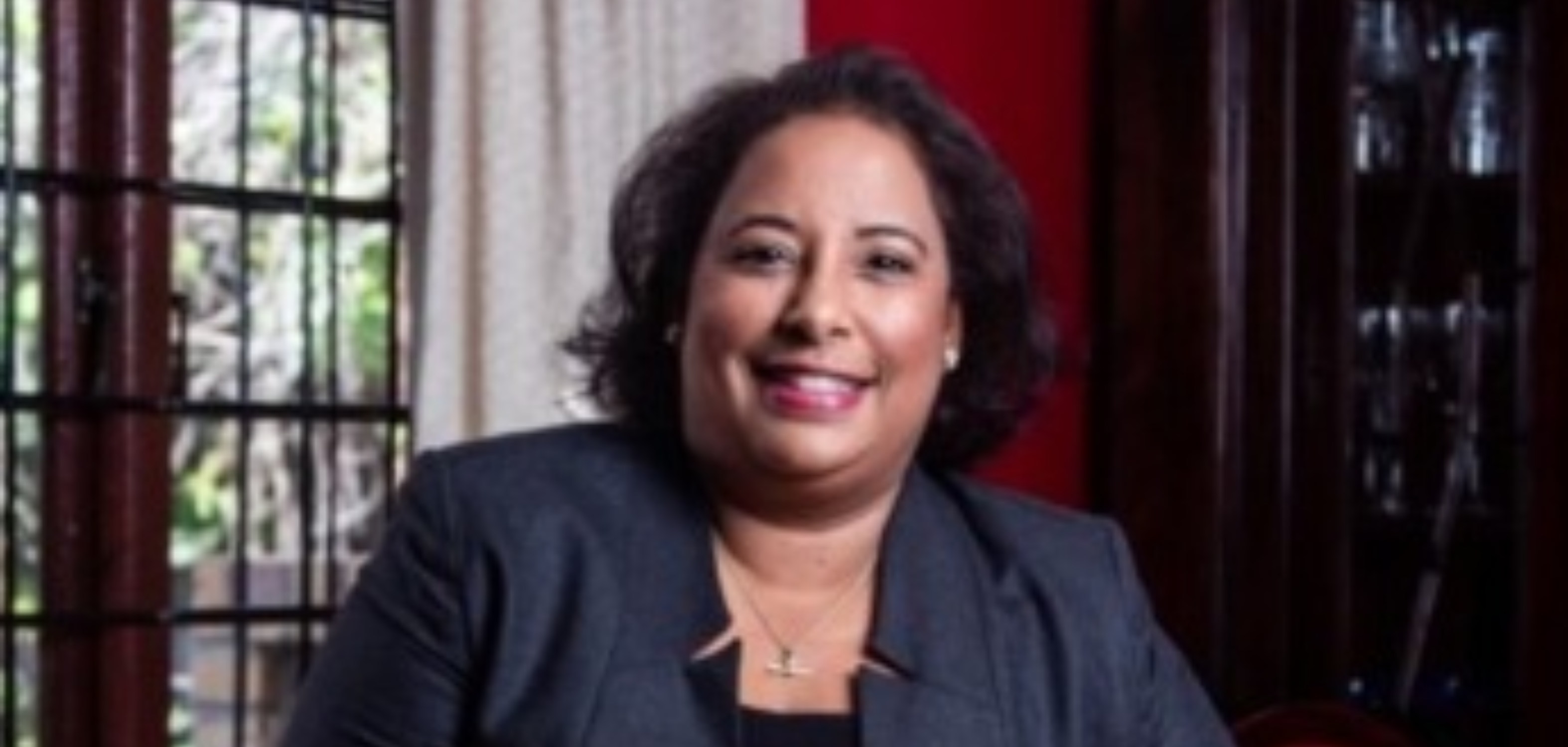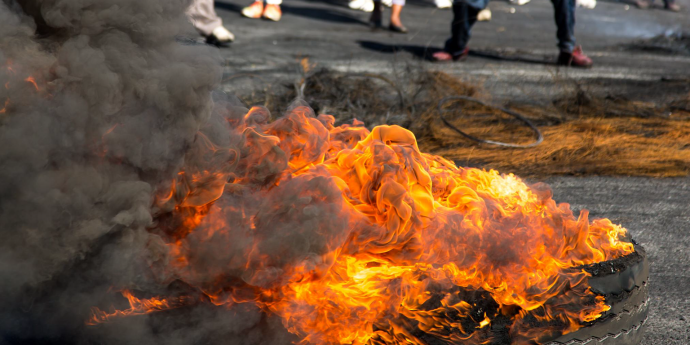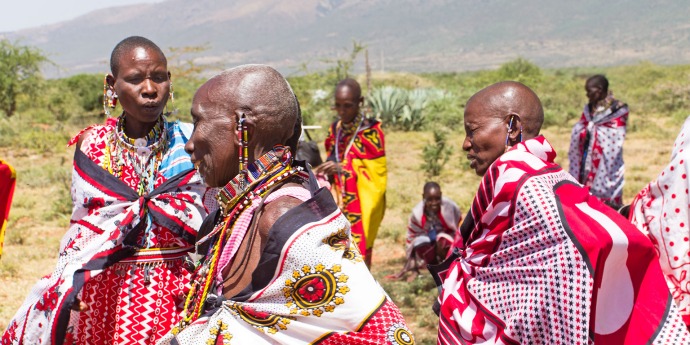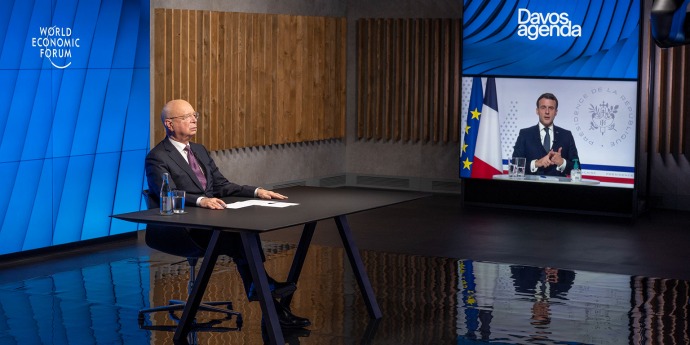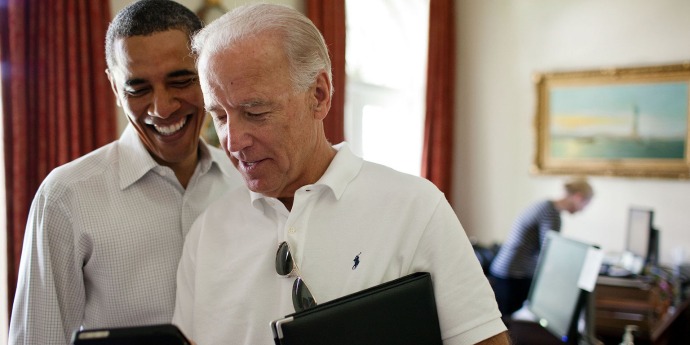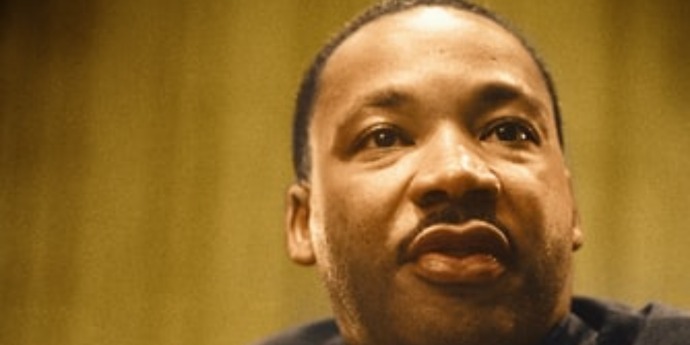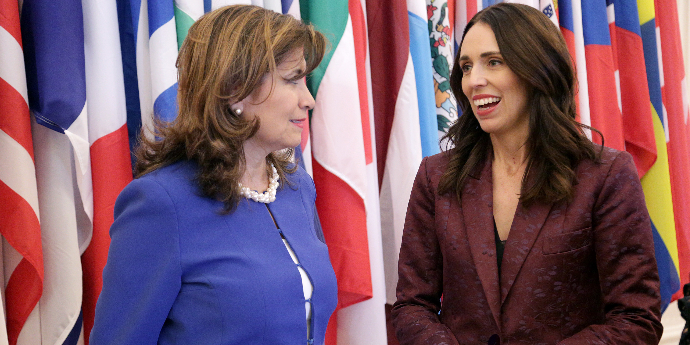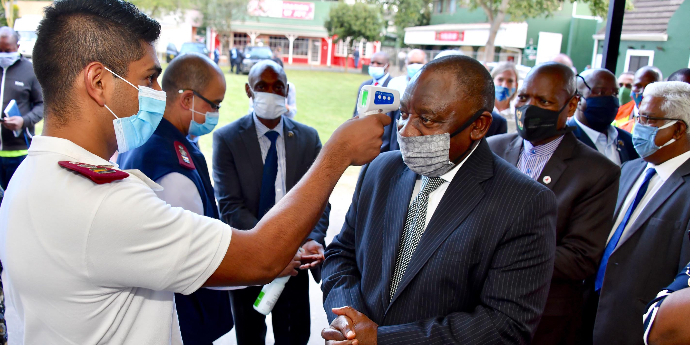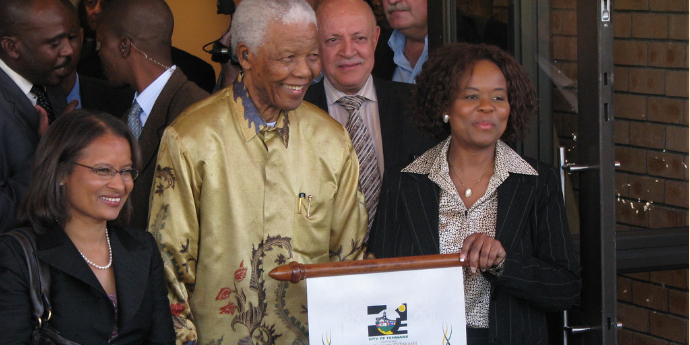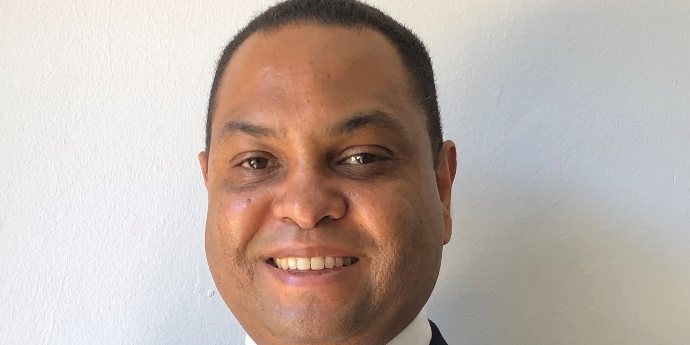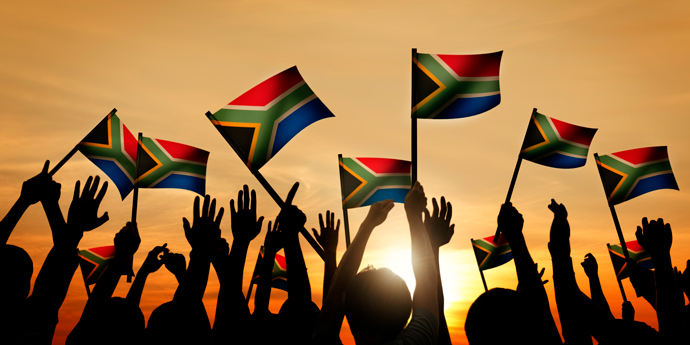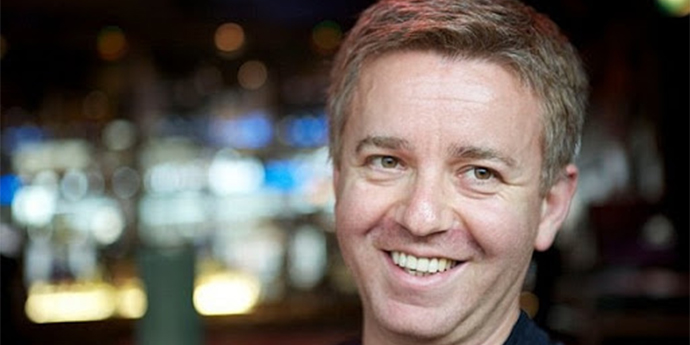On 22 May 2025, UCT GSB Johannesburg alumni and current students were invited to an event convened by Professor of Strategy and Leadership Practice, Kosheek Sewchurran, in conversation with Kagiso Trust’s CEO, Dr Mankodi Moitse, and Ntheye Lungu, Head of Resilience, Sustainability & Combined Assurance at Old Mutual Insure South Africa. Nearly 70 participants attended the event, where debate grappled with the complexity of producing leadership in ethically and ecologically demanding organisational contexts. Professor Sewchurran reflects on themes arising in the conversation about the quiet but powerful force of intentional leadership. The act of weaving – intentionally intertwining emotional clarity, civic courage, moral patience, and practical wisdom - will position South Africa to respond to critical national issues.
Civil Society and the Vacuum of Accountability
Against the backdrop of a nation experiencing profound disruption through civic fragmentation, educational inequality, institutional fatigue, and moral erosion, intentional leadership emerges as the disciplined practice of meaning-making, building coherence, and care. A key theme that emerged was that leadership needs to do more than react - it must become a source of relational clarity, emotional wisdom, and ethical imagination. These are not times that reward inherited authority but call for leaders who can hold contradictions, inspire agency, and shape the invisible dimensions of human experience.
Dr. Mankodi, CEO of Kagiso Trust, described a slow but devastating erosion of civic participation. Civil society – the crucible of our democratic imagination – has been hollowed out. Its absence leaves a dangerous silence between the people and the state. “Civil society activism has collapsed. For Africa to progress inclusively,” she asserted, “that sector must be strengthened again, and with urgency.” Without its revitalisation, democracy becomes procedural, not participatory.
We seem to forget that leadership is not just confined to institutions. The scarcest thing we lack in leadership production is people who can use personal transformation processes to drive organisational and societal transformation. This is not leadership by rhetoric – it is leadership as moral craft. It begins within: how we navigate inner contradictions, regulate our emotions, and listen for coherence in the chaos. The leader’s first task is to metabolise uncertainty – not just in their environment, but in themselves.
Ntheye Lungu, Head of Resilience, Sustainability & Combined Assurance at Old Mutual Insure South Africa, added his vision of “leaderfulness” – a culture of leadership that is collective, concurrent, collaborative, and compassionate.
Commitment and Ecosystemic Approaches to Education and Inclusion
Dr. Mankodi’s vivid stories from Kasigo Trust’s work with schools demonstrates how leadership is most potent when it becomes communal. “The lady who cleans will tell you why learners cannot be around the toilets at certain times,” she shared. “They participate in making sure these learners are in class.”
This is ecosystemic leadership: where cleaners, taxi drivers, and teachers co-create continuity. When communities are respected as co-educators, learning becomes embedded, not imposed. And when we obsess over Grade 12 pass rates, we miss the deeper leakages of potential that happen earlier. Reform must begin with early foundations – not at the exit.
COVID-19 exposed a deep fracture. Urban students logged on. Rural students disappeared. “There’s no network,” Mankodi said bluntly. Her team turned to unused spectrum, connecting the disconnected with improvised infrastructure. “Connectivity is not a luxury,” she insisted, “it is a necessity.”
This was not just technical problem-solving. It was ethical innovation – technology as a conduit for dignity, inclusion, and belonging. Today, those same systems power clinics and courts. Leadership here meant reimagining infrastructure as public good.
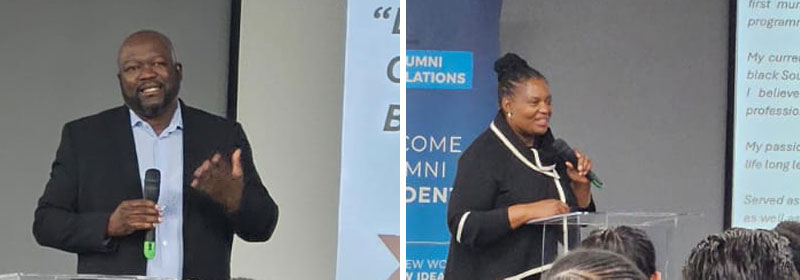
In conversation with Ntheye Lungu (Old Mutual Insure) and Dr Mankodi Moitse (Kagiso Trust).
Dr Mankodi reminded us that “our best exports are entrepreneurs, sportspeople, and artists.” Yet we reward test scores, not talent. We celebrate assimilation into broken systems, but not the courage to remake them.
But change is stirring. Some organisations are moving beyond tokenism, opening sourcing channels to black farmers and ethical producers. These are not charity cases – they are acts of economic justice. Systems can shift when courage meets cooperation.
Lungu offered a framework for cultural transformation. Drawing on Baron & Hannan’s five “culture blueprints,” he identified commitment culture as South Africa’s most promising path.
This culture is defined by trust, empowerment, and shared accountability. “Leaders create culture. Culture drives behaviour. Behaviour produces results,” he explained, echoing Edgar Schein. Real transformation – one that permeates all aspects of an organisation’s value chain – happens when commitment is grown and nurtured to clarify purpose.
The Real Work of Renewal
“What protects your moral compass in a broken system?” someone asked. Petro Dupasani answered: “Create islands of sanity.”
These are not escape zones. They are generative spaces – where leaders nurture coherence, embody values, and hold space for others to reconnect with their agency. As I always reiterate, you cannot produce leadership anywhere if you can’t produce it in yourself.
A young student asked the most urgent question: “How do we cultivate ethical leadership among youth growing up in survival mode?”
The answer lies in invitation – not prescription. Leadership must be modelled as accessible, not elite. Ubuntu must be lived, not theorised. Civic education, intergenerational mentorship, and affirmation of dignity are not add-ons. They are the very soil from which leadership can emerge.
Leadership as Time-Making
Leadership is about producing continuity in the experience of time.
In an age of shattered attention, leaders must help us recover our story. They must resist urgency culture and stitch meaning through fragmentation. Time-making is not about speed – it is about rhythm, patience, and moral clarity.
This is leadership as stewardship: holding a thread through the dark, carrying purpose when others falter, and reminding people not just where they are – but who they are becoming.
A Call to Weave
In this dialogue, a deeper truth crystallised: leadership is not always a spotlight – it is also a signal fire. It draws others into shared meaning. It makes coherence possible in the ruins of certainty.
But more than that, intentional leadership is the act of weaving - intertwining emotional clarity, civic courage, moral patience, and practical wisdom into a living fabric that can hold the weight of our shared hopes.
Each story told, each act of care, each moment of meaning-making is a stitch in this national tapestry. Some threads are strong and visible. Others are quiet and hidden. But together, they form the fabric of renewal.
We do not need louder leaders. We need weavers. Weaving intentionally will position all of us to respond critical national issues like youth unemployment.
We do not need flawless icons. We need faithful stitchers of coherence, dignity, and time.
Leadership – real leadership – is cultivated in the quiet: in reflection, in relationship, in responsibility. It is not a role you win. It is a rhythm you live.
The question is not just who will lead. It is how.
And perhaps even more urgently: toward what end?
For the sake of our democracy, our children, and our fragile dreams - let us weave with courage, humility, and intention.
Let us shape the invisible.
Together.

